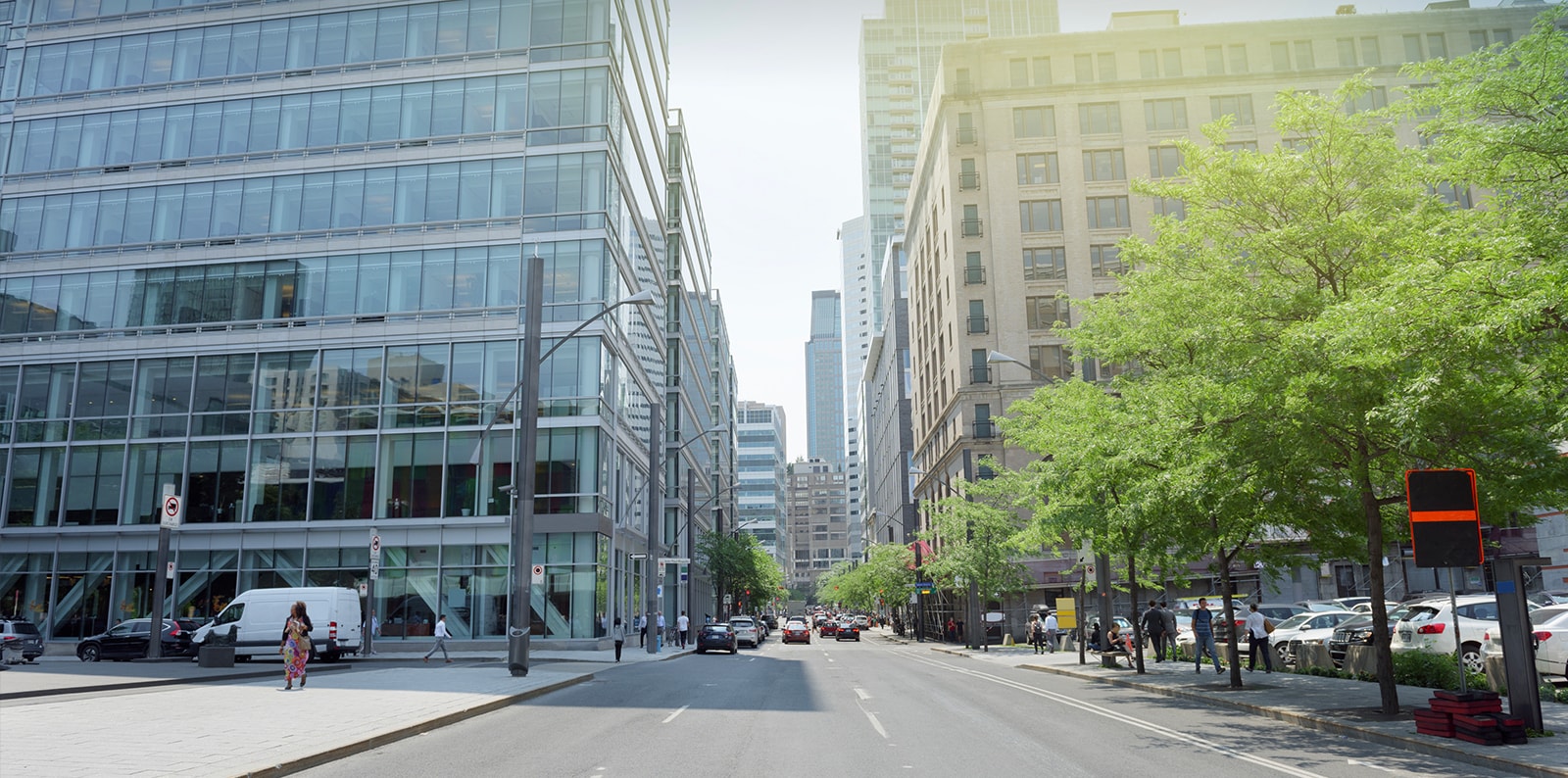The recent elimination of HST on new constructions in Ontario has cast a spotlight on Quebec’s policies and their impact on the commercial real estate market. This strategic decision is not just a testament to Ontario’s commitment to stimulating its housing sector, but also highlights a contrast with Quebec’s approach, which has opted for only a partial GST rebate on new constructions.
At a recent conference organized by the Institut de développement urbain (IDU), the trends and challenges of Quebec’s residential market took center stage. Key takeaways from the event showcased recent federal interventions and market dynamics impacting Quebec:
Recent elimination of the GST on new constructions, has been calculated to be the equivalent of around a 3% saving. Through the Canada Mortgage and Housing Corporation (CMHC), an additional 20 Billions financing aims to create 30,000 more apartments annually. With Quebec poised to receive 900 million CAD, matched by the province, these funds are anticipated to strengthen social and community housing.
However, repeated many times from our own industry actors across Quebec, the province needs to invest in the tools necessary to be in a position to optimize those funds properly. As a real estate investor, this could spark a duality between those two markets, creating different speeds of investment.
While Ontario fully removes HST, Quebec’s went ahead with a partial QST rebate. This half measure doesn’t motivate developers to envision larger family homes which is why we tend to agree with notable industry figures like Mélanie Robitaille, CEO of Rachel Julien real estate, in her stance against taxation of new homes, drawing parallels with essential goods like food.
The construction domain in Quebec has witnessed a 41% rise in costs over four years which continues to cause headwinds for developers and is one the main reasons why we’ve seen notable figures asking for the GST complete removal. Now that Ontario has decided to go through with its own HST removal, Quebec might be at risk of losing capital and investment appeal if it does not act fast. This also risks slowing down the housing start capabilities of the province.
As a prime example of this trend is Groupe Mach. Originating from Montreal, their recent acquisition of a government building in Ottawa, destined to be converted into a residential high-rise, exemplifies the allure of Ontario’s generous tax policies. The company, through its recent strings of acquisition has always been adept at discerning opportunities across markets. As such, we should not be surprised to see others follow the same path. It represents a potentially larger shift, suggesting Quebec might lose out on significant investments if it doesn’t adapt.
While challenges loom in Quebec’s real estate sectors, interventions from all levels of government aim to navigate these rough waters. And as a real estate specialist, the onus is on us to stay updated on these evolving trends. Given the current policy decisions and the unfolding market dynamics, how will Quebec’s real estate trajectory look in the next half-decade?
Votre Equipe Immobilier urges you to chime in with your insights. For those mulling investments or seeking advice on Quebec’s real estate scene, our expert team is here to guide you.


